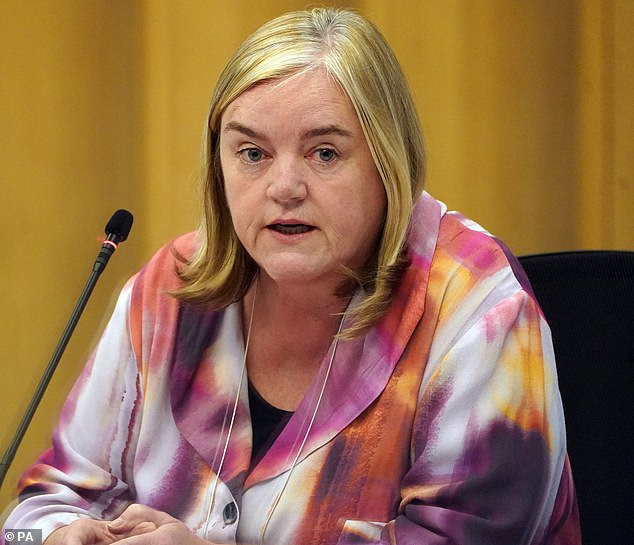Sir Keir Starmer today defended delaying plans for social care reform until 2028 – despite admitting there’s an ‘urgent’ need for change.
The PM was quizzed on the issue after Labour last week announced steps towards creating a National Care Service, as pledged in the party’s general election manifesto.
An independent commission, led by Baroness Louise Casey, will begin in April and will recommend medium-term reforms for social care in mid-2026.
But the commission’s recommendations for longer-term reforms are not expected to come until 2028.
Health groups and charities have hit out at another long wait for Government proposals on overhauling the ‘crumbling’ sector, following years of inaction.
They warned that coming forward with new proposals in the year before the next scheduled general election, in 2029, would likely see an even longer delay.
Taking questions after a speech on NHS reform this morning, Sir Keir was challenged about having said before July’s general election there is an ‘urgent need’ for social care reform.
Sir Keir Starmer today defended delaying plans for social care reform until 2028 – despite admitting there’s an ‘urgent’ need for change

An independent commission, led by Baroness Louise Casey, will begin in April. But recommendations for longer-term reforms are not expected to come until 2028
Asked if he would bring forward the 2028 date for Baroness Casey’s final proposals, the PM replied: ‘Social care is such an important issue in its own right, and obviously it’s also linked to the question of what happens in our hospitals, because it’s got a huge impact.
‘We’ve got to get it right, which is why we put Louise Casey in charge of this, who is renowned for getting to the bottom of things, coming out with really good, strong recommendations.
‘I want to build a consensus. I genuinely want cross-party consensus, because if this is going to work and make a material difference, it’s got to last through different parliaments – that will take time to get this right, but we’re determined to do it.
‘We’ve also announced it will be in stages, because what I don’t want to do is precisely what you’re challenging me on, which is to say, ‘well, we’ll have to wait until the final outcome of Louise’s report’, which is why it’ll be in two stages, with the first stage next year, which is what can we do now to improve the system as it is now?
‘Some of that we’ve already started with fair pay agreements, etc, for staff. That really matters, by the way, because more staff leave social care to come to the NHS than to go anywhere else.
‘The reason they do that is because of the poor pay and conditions, and because there’s no progression, and then they want to come to come to the NHS so they can progress their career.
‘So, some of it we’ve started, there’ll be the interim or the first stage of the report next year, which means we can get on with some of the change that we need.
‘Because you’re right, it’s urgent, but it is right that we do it properly and take time, and build the consensus that we need.’
Speaking in the House of Commons this afternoon, Health Secretary Wes Streeting also defended the pace of Labour’s social care reforms.
He told MPs: ‘The truth is whether it was Gordon Brown and Andy Burnham in 2010 or Theresa May in 2017, we can see how the extent of party political wrangling and rancour and sometimes opportunism has sunk well-meaning attempts to grasp the nettle of reform.
‘And on the question of pace, just to reassure people, in the first six months, we have already legislated for fair pay agreements, delivered the biggest expansion of care allowance since the 1970s, injected immediately funding into the disabled facilities grant – £86million and another £86million to follow from April, £711million in total over the next year – as well as the increased spending power for local government in the budget of £880 million for social care specifically.’
Caroline Abrahams, charity director at Age UK, has warned that social care reforms might not be delivered until the early 2030s under Labour’s plans.
She said: ‘The most sensitive issue of how to fund the social care needs of our rapidly ageing population is not set to be addressed until the second phase of the commission and this is a major concern.
‘Partly because today’s older people do not have time on their side but also because who knows what the state of the world, our politics or our economy will be by then?
‘The risk is that future events prevent the progress we desperately need to see and the more long and drawn out the commission is, the greater the risk will be.
‘Even if all goes well the reality is that it will be the early 2030s before older people and their families get substantial benefit from a transformed approach to social care.’
dailymail,news
#Keir #Starmer #defends #delaying #plans #social #care #reform #admitting #urgent #change



